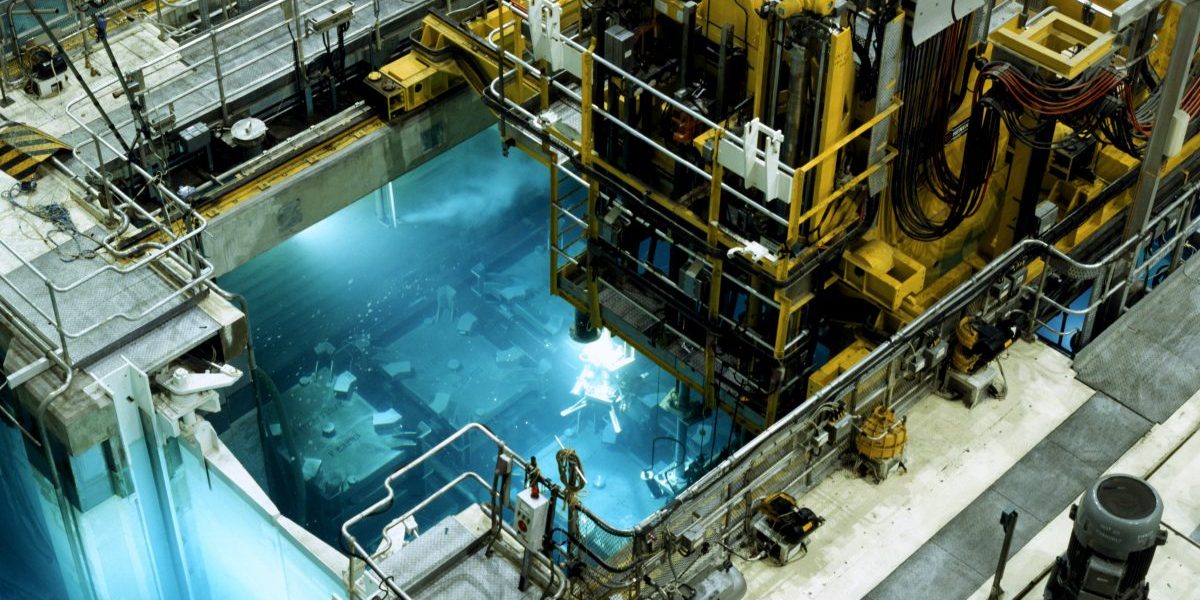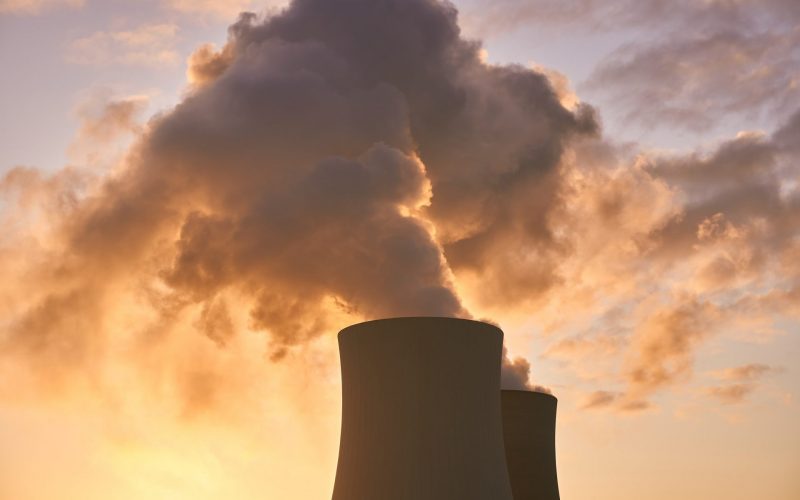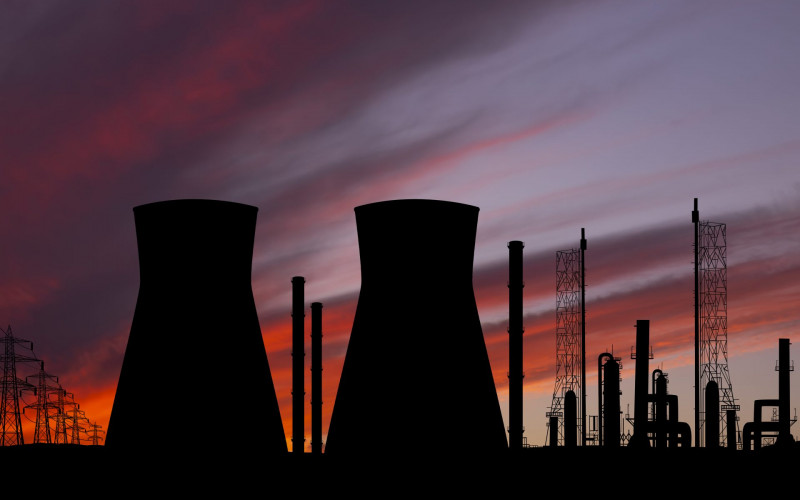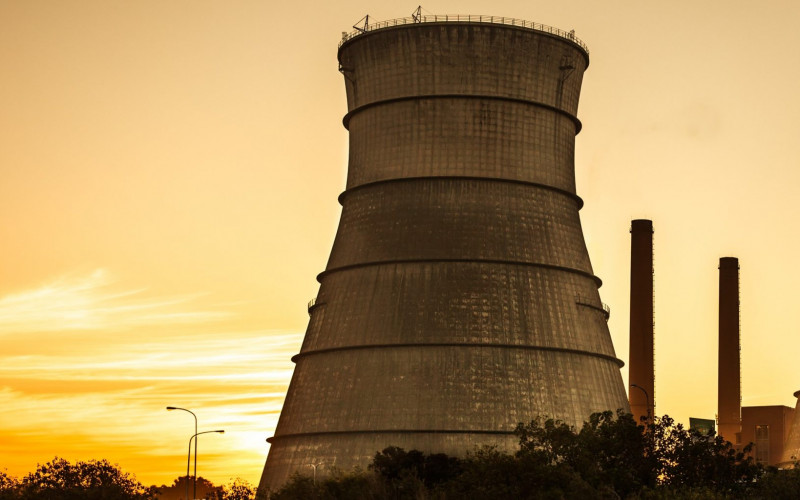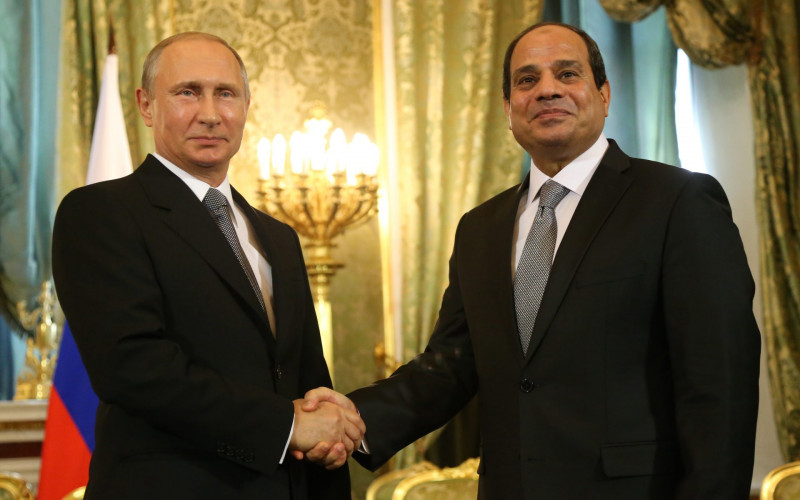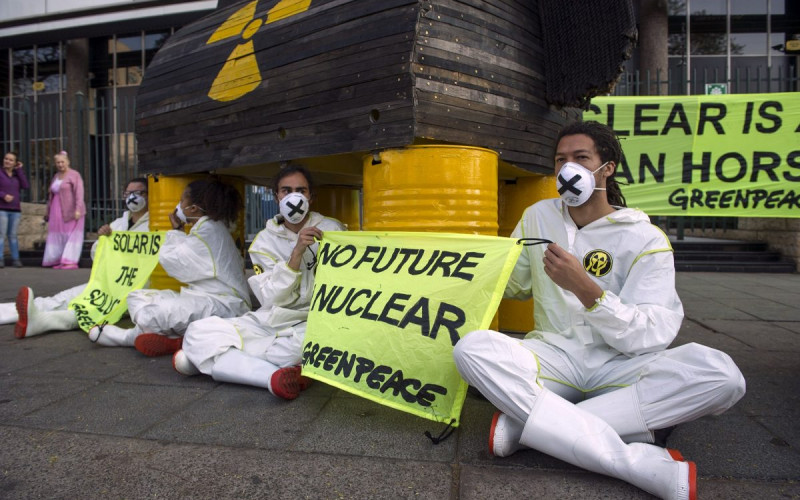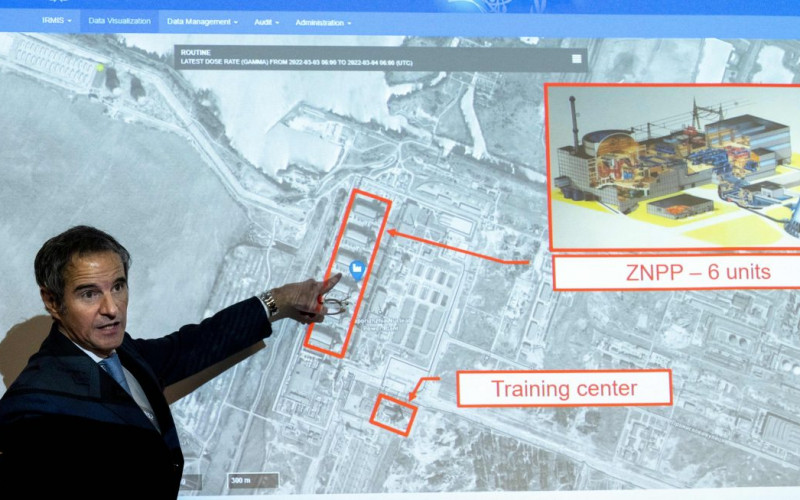Summary:
- Ghana has recently revived a decades-old aspiration to establish a nuclear power programme and use nuclear power to drive economic transformation and development.
- The country’s current power generation capacity cannot supply competitively priced electricity in a reliable and secure manner.
- Nuclear power is seen as a viable option that can be added to the country’s energy mix to meet demand in the residential, industry and transport sectors and drive industrialisation efforts.
- Ghana is setting a good example to other aspiring countries by following the internationally accepted comprehensive framework for developing infrastructure for nuclear power: the IAEA Milestones Approach.
- It is already one of eight countries that operate a research reactor in Africa. The country is home to a 30kW, low-power Miniature Neutron Source Reactor that it acquired from China in 1994. A nuclear power plant is seen as the next step.
- The presence of uranium, used to fuel nuclear reactors, is an important dimension of Ghana’s nuclear programme.
- Ghana has approached Russia, China and the Republic of Korea for financial assistance, as building a nuclear power plant costs between $8 billion and $10 billion.
- The country hopes to build a nuclear power plant by 2030.

